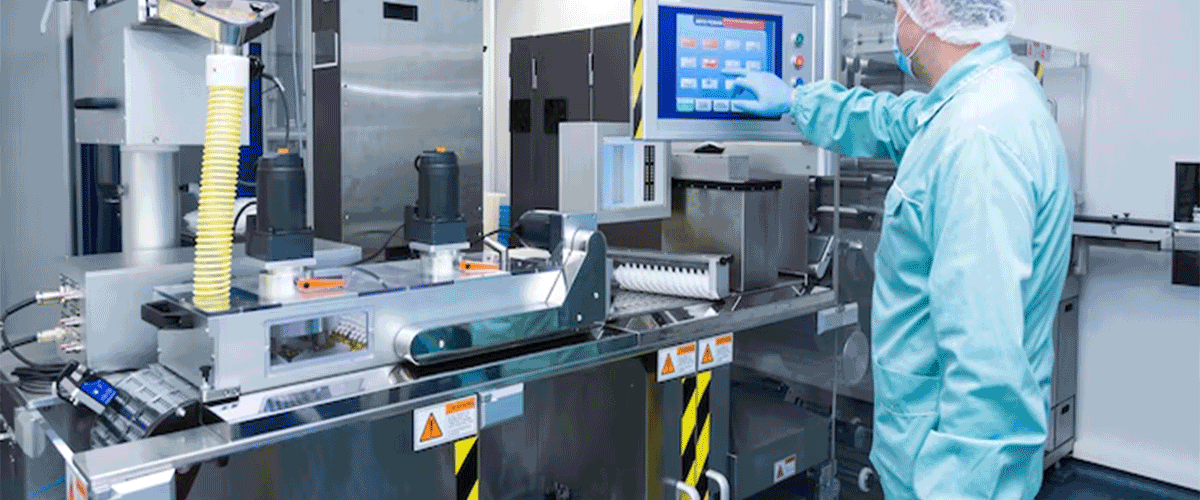(An Autonomous Body Recognized by Ministry of Commerce & Industry, Government of India)
Competency based placement focussed Education | Training | Research | Consultancy

Medical Device Industry at Risk as U.S. Probes Semiconductor Imports
The U.S. Commerce Department’s Section 232 investigation into semiconductor imports could raise costs for medical device makers if it leads to new tariffs. The probe, assessing national security risks from reliance on foreign-made semiconductors, may impact chip-intensive medical technologies such as imaging systems and AI-based diagnostics. Experts warn that added costs could pressure margins in an industry already facing tight cost controls and long planning cycles. Many medical devices rely on chips manufactured in East Asia, including Taiwan and South Korea. PwC’s Scott Almassy noted the potential for significant financial strain, especially as companies may struggle to pass costs to customers. Past tariff actions under Section 232 have impacted sectors like steel and automotive. Trade group AdvaMed has sought tariff exemptions for medtech but with limited success. While domestic production could reduce future risk, reshoring is expensive. The investigation must conclude within 270 days and could reshape the global semiconductor supply chain for healthcare.
13-05-2025
📰 Recent News
- KORU Medical Seeks FDA Clearance to Expand FreedomEDGE into Oncology Infusions
- SleepRes Secures FDA Clearance for Adaptive KPAP Device to Treat Sleep Apnoea
- Sanome's MEMORI Platform Supports Earlier Detection of Hospital-Acquired Infections in NHS Trusts
- CMR Surgical Gains FDA Clearance for Versius Plus, Eyes US Market Entry in 2026
- Edwards gains FDA approval for Sapien M3 mitral valve replacement system
- FDA issues Class I recall for Medtronic heart vent catheters
- ZOLL launches next-generation LifeVest wearable cardioverter defibrillator in the US
- Shape Memory Medical secures EU MDR CE mark for embolisation plugs
- MARAbio introduces the MAR-Autism Test to identify maternal autoantibodies linked to autism
- XCath Develops Robotic System to Improve Brain Aneurysm and Stroke Care
